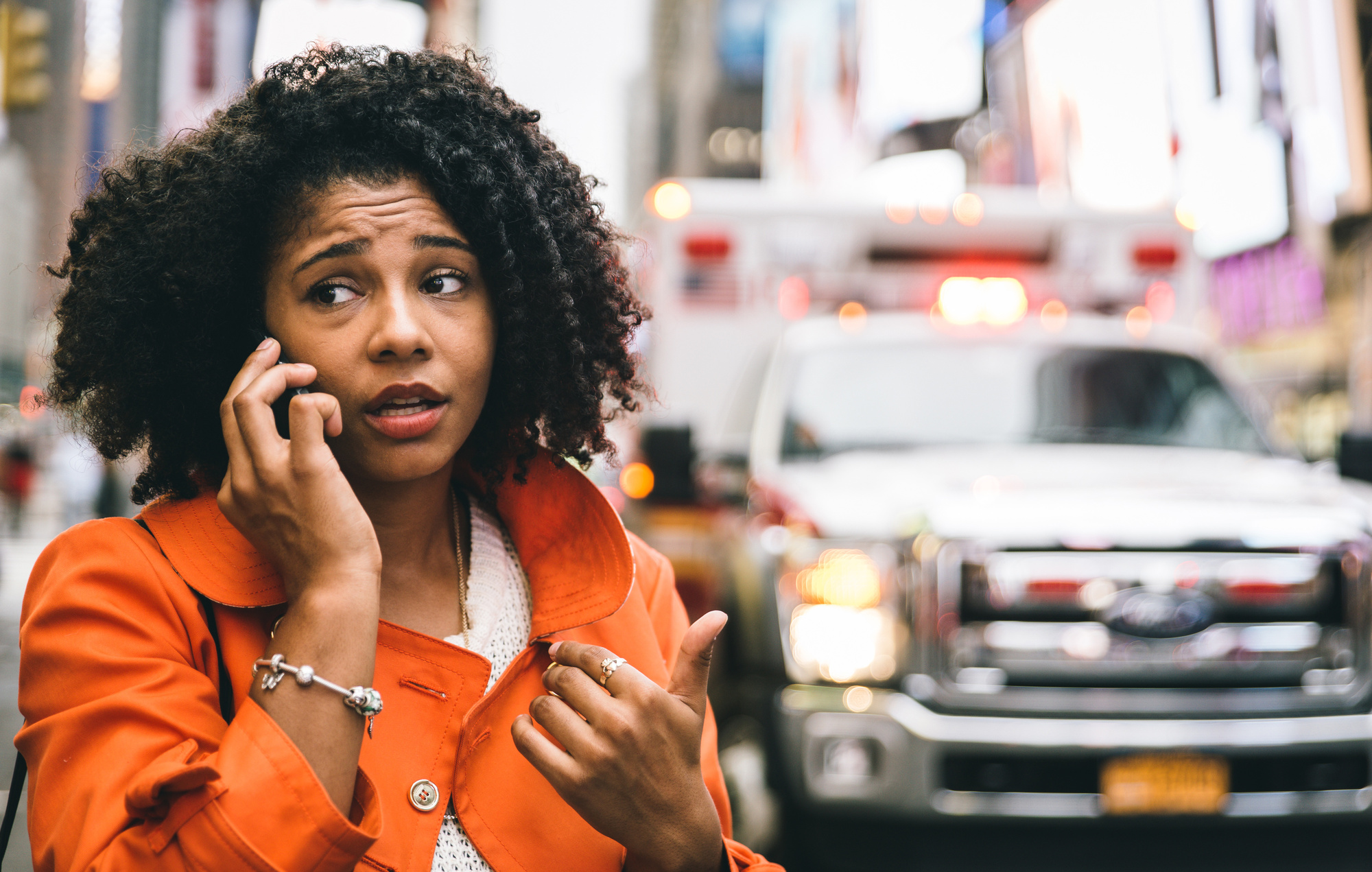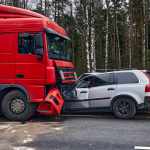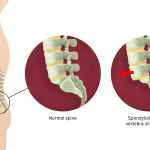Yikes, you were in your first car accident! First thing’s first, everything is going to be okay; take a deep breath. Car accidents happen all the time, so it’s important to know how to handle them.
If you commute, you know the struggle of avoiding sleepy and distracted drivers. But sometimes, the inevitable happens upon us and car accidents occur. There’s nothing eerier than passing a car crash site.
You start to wonder about what you would do if it was you. Most abandon the thought and go on about their day without planning or a second thought. We’re here to encourage you to consider the possibilities.
So, if you are involved in a collision, what should you do? Keep reading to find out our top nine immediate things you should do after a car accident!
Table of Contents
1. First Major Things to Do After Your First Car Accident
The most important thing to do right after a collision is to stop your car. On the highway, pull off to the shoulder first, before exiting. Remember to check for oncoming traffic; it is easier to forget then you think!
Check yourself for injuries, then the driver of the other car and any passengers. Right now, you should not have any concern about fault. You are checking for life so everyone gets the medical attention they might need, fast.
Ensure both vehicles are off the road [if possible]. If you’re unable to get off the road, use emergency triangles to give other drivers a warning and call 911 ASAP. Here’s a quick overview:
- Stop or pull off to shoulder
- Check for injuries on your person
- Check the other driver
- Call emergency services if they’re in need or if the accident is blocking traffic
- While the police arrive, turn on emergency blinkers or emergency triangles
These steps are basic checks for life and to stop any further collisions from happening. Now, if you haven’t made the call yet, it’s time to call for help. It can be tricky to know which who to call, so let’s dive into it in action number two!
2. Call the Police Either 911 or Non-Emergency
Here’s who to call and what to do after a minor car accident. If you or the other driver is in pain, call 911. 911 is for more serious accidents with or without injury.
If there is no injury, but the car is a hazard to other drivers, call 911. Now, if there are no injuries and there is no hazard for other drives, call the non-emergency line. The non-emergency line is for fender-benders without injuries.
Look up your non-emergency number by city and state, and save the number in your phone. This will save you some panic and adrenaline after an accident occurs.
3. “Can’t I Exchange Information Without Calling the Police?”
The short answer is yes you can, but it’s not a great idea. When you call the police, they have to fill out a police report. That’s the officer’s statement of what they see at the accident site.
This is super important for any court issues down the line. They also collect evidence like eye witness reports, video surveillance, and photos. While we all want to trust the good in people, a car accident involves money and politics.
Keep yourself safe with a police report that documents all the evidence for you!
4. Insurance Information
Exchanging insurance information would be a good idea at this point. If you don’t have coverage, you might be in deep waters when it comes to fixing your car. It doesn’t matter who’s at fault.
If you and another driver don’t have insurance, it’s next to impossible to get coverage for repairs. Read more about what to do if you don’t have coverage. Now, if the other driver doesn’t have insurance, but you do, there’s hope!
Mention this to the office at the car accident site, so they can mention it in their police report. You need evidence that they did not have insurance at the time of the crash.
5. Documentation and Gathering Evidence
Do your own digging, and organize your evidence. This would be a good time jot down:
- What time the accident happened
- What mile marker or location
- Your account of how you think the accident went
Pull and store any photos, video, or dashcam footage of the incident. You want tangible and clear evidence in case this leads to court. Thinking about suing for damages or injuries?
Get in touch with your attorney as soon as possible.
6. Start Looking for An Attorney
Think you have a case? Start looking for a personal injury lawyer. Accident attorneys can offer you advice and resources.
Most offer free consultations and will review your case to see if you’ll win. Avoid attorneys that claim a “guaranteed” win. These are not trustworthy offers since no lawyer can foretell a judges judgment.
7. Try to Avoid Talking
Don’t say too much at the scene of the accident. Don’t even mention details like “oops, I was looking to the left and I didn’t see you.” Talking can reveal details of the accident that the other driver can use against you in court.
Answer the police officer’s questions with honesty. Don’t fill in any blanks—if you don’t remember, say you don’t remember.
8. Follow up on Pains After the Car Accident
Whiplash is a symptom of most car accidents that cause a significant jolt to the head. You might not notice the effects right away, though. That’s why it’s important to be mindful of how you feel after an accident.
Whiplash can be debilitating. In fact, one in 50 people with whiplash from a car crash complains of chronic neck and back pain for years!
9. Document, Document, Document!
When in doubt, document everything. If you notice pain after, document your symptoms and get an expert opinion. Visit your lawyer for guidance on documenting the right way.
Then, breathe easy, and do your best to stay strong in recovery! Remember your mental health, and avoid stress or anxiety while you heal.
Need More Information on Healthy Living?
Do you have a lot of discomfort form your first car accident? Here are five reasons you should visit a chiropractor for your pain! The main reason is they help heal whiplash for car crash victims.
We strive to bring our readers top-quality health facts and information. Follow our health blogs for treating injuries, mental health, and more! We want you to live your best life with our creative life hacks.







